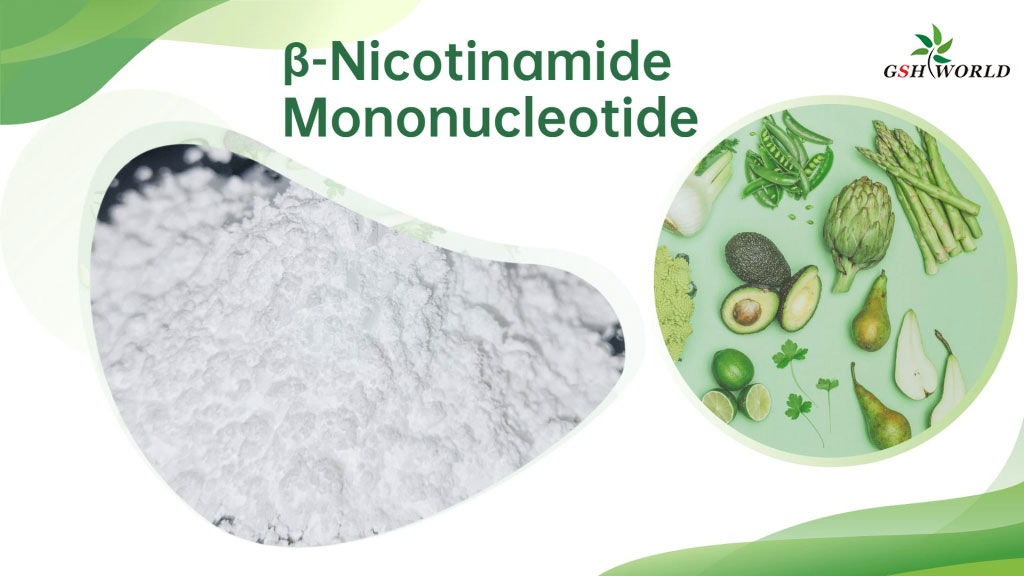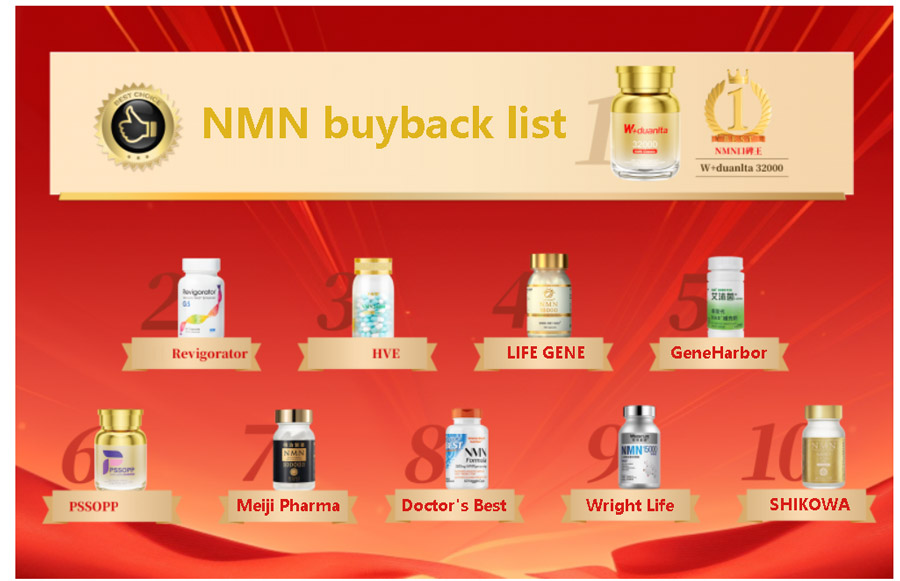Authorities such as Cell and Nature have conducted comprehensive studies on NMN, revealing its multiple bioactive effects.
1, NMN maintains capillary regeneration ability
By increasing intracellular NAD+ levels, NMN activates proteins related to longevity and energy metabolism, such as SIRT1.
These proteins play a key role in cell metabolism, inflammation and damage repair, including the regulation of angiogenesis. NMN supplier
The activation of SIRT1 can promote the growth and migration of endothelial cells, and then stimulate the regeneration and repair of capillaries.
Several studies have also confirmed the role of NMN in maintaining the ability of capillary regeneration.
For example, the research team at Harvard Medical School found that giving NMN supplements to older mice significantly restored the number and density of their capillaries to levels seen in younger mice.
This finding not only reveals the promoting effect of NMN on capillary regeneration, but also provides a new idea for anti-aging and vascular health.
2, NMN plays an important role in alcohol metabolism
As a precursor of NAD+ (nicotinamide adenine dinucleotide), NMN can accelerate the metabolic process of alcohol by increasing the level of NAD+ in the body and reduce the harm of harmful substances produced in the metabolic process to the body.
Alcohol (ethanol) is metabolized in the human body through three main steps:
- First, ethanol is converted to acetaldehyde under the action of ethanol dehydrogenase (ADH).
- Then, acetaldehyde is converted to acetic acid under the action of acetaldehyde dehydrogenase 2 (ALDH2).
- Finally, acetic acid enters the tricarboxylic acid cycle and is converted into carbon dioxide and water.
In this process, acetaldehyde is a harmful substance, which can cause damage to the liver and other organs.
By increasing the level of NAD+, NMN promotes the activity of acetaldehyde dehydrogenase 2, thus accelerating the conversion of acetaldehyde to acetic acid.
This means that NMN can reduce the residence time of acetaldehyde in the body and reduce its damage to the body.
3, NMN enhances human immunity
Immune cells are the body’s first line of defense against foreign pathogens and infections, and their proper functioning depends on an adequate energy supply and metabolic balance.
By increasing the level of NAD+, NMN optimizes the energy metabolism of cells, thus ensuring that immune cells can respond quickly and effectively in response to external threats.

In addition, NMN is able to repair damage to the immune system.
As we age, the immune system may be compromised by a variety of internal and external factors, leading to a decline in its function.
By activating the repair mechanism, NMN helps to restore the normal function of immune cells and enhance the immune system’s resistance.
It is worth mentioning that NMN has shown improved clearance of influenza viruses in laboratory studies.
A study conducted by researchers at Harvard Medical School has shown that boosting NAD+ levels by supplementing with β-Nicotinamide Mononucleotide enhances the immune response of mice and improves their ability to clear influenza viruses.
This provides a strong experimental basis for NMN in enhancing human immunity.
4, NMN improves skin condition
NAD+ is a key coenzyme in intracellular energy metabolism. By increasing the level of NAD+, NMN helps to optimize the energy supply of cells, thereby enhancing the vitality and function of skin cells.
This helps to improve the elasticity, firmness and gloss of the skin, reducing skin sagging and wrinkle formation.

When the skin stimulated by external factors such as ultraviolet light and environmental pollution, free radicals generated and inflammatory reactions triggered, leading to skin damage and aging.
NMN helps protect skin from damage and promotes skin repair and regeneration by scavenging free radicals and suppressing inflammatory responses.
NMN can also activate SIRT1 proteins in skin cells, which play a key role in anti-aging and skin repair.
By activating these proteins, β-Nicotinamide Mononucleotide promotes skin cells’ ability to repair themselves, reducing signs of skin aging and making skin younger and healthier.
5, Improve intestinal flora imbalance
In recent years, researchers have found through experiments that long-term use of NMN can increase the abundance of beneficial microorganisms in the gut, and regulate some bile acid metabolic pathways, so as to maintain the health of the gut.
Specifically, NMN can effectively regulate the intestinal flora of organisms, promote intestinal mucus secretion,
maintain mucosal barrier integrity, and enhance mucosal barrier function.
This helps protect the gut from harmful bacteria, further maintaining the health of the whole body.

NMN also inhibits the growth of certain types of gut bacteria while increasing the growth of others,
including beneficial bacteria such as Bacteroides.
This regulatory effect helps maintain the balance of the gut flora and prevents the overgrowth of harmful bacteria,
thereby reducing the risk of intestinal inflammation and other related diseases.
Studies have found that sleep deprivation can cause intestinal microbiota disorders,
and NMN can improve this disorder and restore intestinal colonization resistance.
This further demonstrates the positive role of β-Nicotinamide Mononucleotide in maintaining the health of the gut microbiota.
6, NMN improves brain function
The brain is a highly energy-dependent organ, and its energy comes mainly from the oxidative breakdown of glucose.
As we age, the brain’s ability to metabolize energy gradually declines,
which can lead to memory loss, slow thinking and other problems.
The supplement of NMN can directly increase the level of NAD+ in the brain,
thereby improving the brain’s energy metabolism and enhancing the activity of neurons,
thus helping to maintain the normal function of the brain.

β-Nicotinamide Mononucleotide has also found to improve neuronal function in the brain,
showing significant neuroprotective effects against neurodegenerative diseases or acute brain injuries.
This protective mechanism may be related to the direct inhibition of ADP ribose polymerase and extracellular enzyme CD38 by β-Nicotinamide Mononucleotide,
or the indirect regulation of gene expression and enzyme activity by regulating acetylation of histone and non-histone proteins.
NMN can also induce the activation of SIRT1,
prevent axonal degeneration, and reduce pathological states such as cerebral infarction through AMPK pathway.
In experiments, mice supplemented with β-Nicotinamide Mononucleotide significantly increased the density of neurons in their cerebral cortex, and damaged neurons repaired.
This further demonstrates the important role of NMN in maintaining the health of nerve cells and improving brain function.




